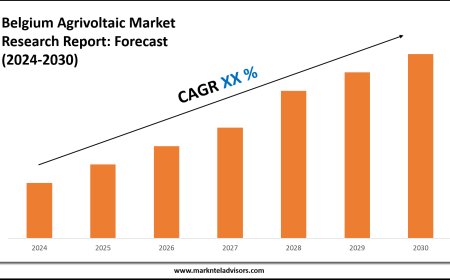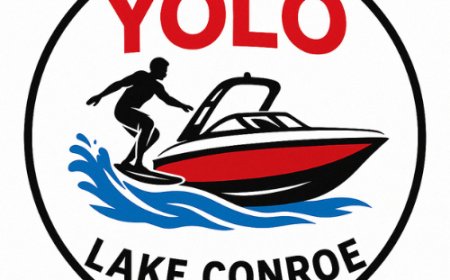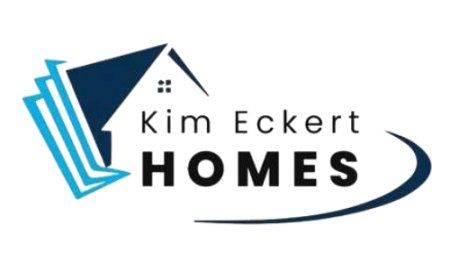Why Industry Knowledge Matters in Compliance Hiring

In todays rapidly changing regulatory environment, compliance has evolved from a check-the-box exercise into a dynamic business function. Organizations across sectors from financial services to healthcare to technology are increasingly recognizing that compliance isnt just about understanding laws; its about interpreting them within the context of their unique industries. This is precisely why industry knowledge plays a critical role in Compliance Hiring. Employers are now prioritizing candidates who not only have technical expertise in compliance but also understand the nuances of the industry in which they operate.
For hiring managers, HR professionals, and compliance leaders, understanding the value of sector-specific knowledge is the first step toward building a truly effective compliance team. In this article, we explore the vital importance of industry insight in compliance roles and how organizations can leverage it to strengthen governance and reduce risk.
The Intersection of Industry Expertise and Compliance
Compliance isnt one-size-fits-all. While core concepts like risk mitigation, regulatory adherence, and ethical standards apply across the board, how these are implemented depends heavily on the industry. For instance, data privacy regulations look vastly different in healthcare (HIPAA) compared to finance (GLBA, PCI-DSS). A compliance professional with sector-specific knowledge can make faster, more accurate decisions, and tailor compliance programs that are both relevant and practical.
By hiring professionals with deep industry experience, companies benefit from faster onboarding, fewer costly mistakes, and more agile adaptation to regulatory changes. These professionals understand not just the rules, but the why behind them a nuance that often separates effective compliance from superficial policy implementation.
Why Industry Knowledge Makes a Difference
Lets break down the benefits of hiring compliance professionals who understand your industry:
1. Precision in Regulatory Interpretation
Regulations are often open to interpretation. Someone familiar with the industry can navigate gray areas with a level of nuance that a generalist might miss. They know the historical context of laws, recent enforcement trends, and how different agencies operate.
2. Practical Risk Management
A compliance officer in a manufacturing firm will face different risks than one in a financial institution. Professionals with prior experience in a specific industry are more attuned to those inherent risks and can develop controls that address them effectively.
3. Better Communication with Stakeholders
Industry-savvy professionals can communicate more effectively with business units, regulators, and boards. They can speak the language of different departments, making them better at cross-functional collaboration a key trait in compliance leadership.
4. Improved Training and Policy Development
Training employees and developing internal policies require a deep understanding of daily operations. Someone who knows how the industry works can make training relatable and actionable, which ultimately enhances compliance culture.
5. Strategic Insight
Compliance professionals with industry knowledge can contribute to strategic discussions. They can flag potential regulatory risks in new ventures or suggest business models that align with evolving regulations. This makes them not just risk managers but business enablers.
Industry Examples: Compliance Needs Are Not Created Equal
Financial Services
In banking, anti-money laundering (AML), fraud prevention, and securities laws dominate the compliance landscape. Professionals with backgrounds in financial institutions are more adept at dealing with FINRA rules, the SECs expectations, and international regulations like MiFID or FATCA.
Healthcare
For hospitals and life sciences companies, compliance centers around patient privacy, billing integrity, and clinical research protocols. Someone without prior healthcare exposure may struggle with interpreting HIPAA, understanding reimbursement models, or navigating FDA regulations.
Technology
In tech, data governance, AI ethics, and global data privacy laws (like GDPR and CCPA) are front and center. A compliance hire without industry familiarity might overlook subtle but critical issues such as algorithmic bias or cross-border data transfer implications.
If you're looking to strengthen your compliance team in any of these sectors, it's wise to check over here or go right here for experienced candidates with demonstrated industry understanding.
Tips for Employers: Building a Better Compliance Hiring Strategy
If you're tasked with building or growing a compliance team, here are several strategies to ensure you're prioritizing industry knowledge:
- Revise Job Descriptions: Clearly state the need for industry-specific experience and explain why its important.
- Use Specialized Recruiters: Consider agencies that specialize in compliance hiring within your sector.
- Ask the Right Questions: During interviews, explore how the candidate has handled industry-specific challenges in the past.
- Test Their Knowledge: Ask for case studies or hypothetical scenarios relevant to your business. Their responses will reveal how well they understand your world.
- Encourage Continuous Learning: Even seasoned professionals must keep up with industry changes. Look for candidates who demonstrate a commitment to staying informed.
For additional resources or to browse vetted compliance professionals, you can Find Out More through expert recruitment services that focus on your industry.
Future-Proofing Compliance Teams
As regulations become more complex and global, the cost of non-compliance continues to rise. Organizations can no longer afford a trial-and-error approach to compliance staffing. Hiring professionals who bring both regulatory knowledge and industry insight is essential to future-proofing your compliance program.
Companies that prioritize industry-aligned compliance hiring often see:
- Faster program maturity
- Improved audit outcomes
- Enhanced credibility with regulators
- Reduced operational risk
- Greater alignment between compliance and business goals
If you're in the process of refining your compliance team structure, it's a smart move to check over here for guidance on role profiles, or go right here for curated talent pools with industry-specific expertise.
Conclusion:
In the evolving world of corporate compliance, technical proficiency is no longer enough. The ability to apply compliance principles within the unique framework of an industry is what separates exceptional professionals from average ones. Whether youre in finance, healthcare, technology, or manufacturing, Compliance Hiring should be approached with a clear understanding that industry knowledge isnt just a nice-to-have its a non-negotiable.
To make informed decisions and reduce risk in todays high-stakes environment, companies need compliance leaders who understand both the letter of the law and the landscape in which they must apply it.









































